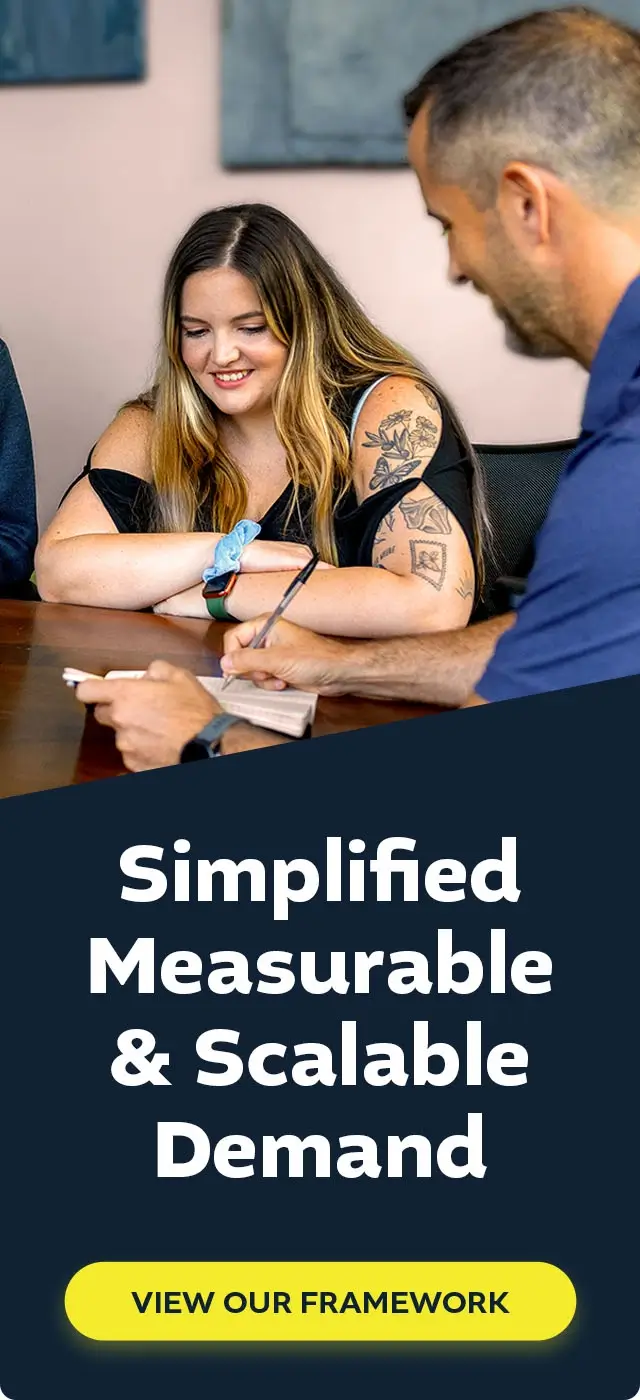Undeniably, the greatest disruptions to businesses in this century are high-speed technological changes and a shift in both the overall business environment and the global economy.
Twenty years ago, companies spent millions creating and implementing customer relationship management (CRM) solutions. Today, any business of any size can open an account with HubSpot that offers all the tools and functionality they need for a fraction of the cost.
Yesterday’s common business sense doesn’t solve today’s complex challenges. The Amazons and Facebooks of today could swiftly become tomorrow’s newest downsizing companies.
Organizations that have seen this kind of success are naturally quite rigid and structured. And rightly so — business success has historically depended on scalability, quality of offering and business model optimization. But it’s this very success that can breed complacency. It’s not a question of adapting — it’s a question of how fast you can adapt.
Understandably, you may be fearful of altering how you’ve always done business — innovation and adaption is risky, right? But an unwillingness to embrace change could cause your business to be left in the dust by your more agile competitors.
Sometimes, and especially in this case, it pays to go out on a limb. Because it’s even riskier not to.
Trends and Organizational Change
Of all the latest trends, the most game-changing is digital transformation. The shift towards digitalization, what most would assume is a natural evolution of business, has actually caused many a business to disappear since the year 2000. This wave of “going digital” has transformed organizations through the use of artificial intelligence (AI), disruptive business models and other innovative ideas. The entire landscape of business is moving and changing at lightning speed, sending a clear message to businesses. They must have the capacity and ability to adapt quickly — or risk losing everything.
Why do businesses find it so hard to accommodate? Well, it’s human nature to dislike change. We like predictability, stability and comfort in every area of life, and work is no exception.
It’s Not 1970 Anymore
Back when computers were first introduced to the business world, everything was more expensive — taking a risk on a new technology could cause a company to go bust if not orchestrated properly. For instance, in 1970, a computer with just 12 megahertz of processing speed cost over $4 million! By 2007, computers with 1600 megahertz cost just $550. The higher cost in the past made investment decisions much riskier. With technology steadily improving and costs rapidly decreasing, this is a pivotal time in which the risk is much greater not to invest in technology than it is to take the plunge.
Why Taking Risks is So Important
Taking risks helps everyone on your team see the world of business exactly as it is — a sea of uncertain waters that must be sailed. You must observe, assess and manage. Taking risks grows your readiness to be okay with the uncomfortable, okay with the unknown. You gain the skills to work through situations for which not only do you not have the answers, but it’s likely no one else does either. Just think — if your competitors are holding back, waiting for metrics to catch up, you’ll always be a step or two ahead.
But What if You Fail?
Short-term failure — the acceptable kind — results from taking risks. It happens when you try something even though you might not be certain it’ll work. All too often, people look at experiments like this as having only two options — success or failure. But think of it another way. Did you learn something? If you learn something from these trial runs, whether they go as planned or not, then you haven’t failed.
Say you have an upcoming product launch that doesn’t exactly meet consumers’ expectations. Your team must investigate why and how it didn’t work. What you discover will guide future decisions, and in most cases, lead to future success. Think of your successes like this, too. What did you do right? Both success and failure present opportunities to learn.
The Bottom Line
The best strategies require innovation, and to be innovative, you must take risks. The smartest team will take the most appropriate risks, value the knowledge gained from sensible failures, and drive your company into the future.For the best B2B performance marketing, you need a growth marketing agency. Contact us to create a plan that will help your business adapt!



